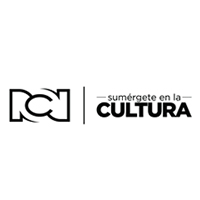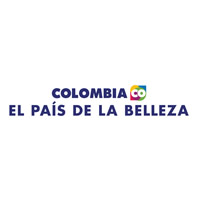Hay Festival Cartagena 2024
Hay Festival Cartagena de Indias 2024 was held from 25 to 28 January. In this page you can find the events in the general programme as well as Hay Joven activities for university audiences, Hay Comunitario sessions which took place in different areas of Cartagena, Reading Clubs and Talento Editorial.
Events video and audio is available on Hay Festival Anytime.
Event 4
Laura Ardila in conversation with Juanita León
Centro de Formación de la Cooperación Española (patio)
Read moreLaura Ardila (Colombia) is a Caribbean journalist with two decades of experience who has spent many years researching the question of how power works in Colombia as well as the issue of the relationship between the regional clans and the Bogota elites. She will talk to Juanita León about the book La Costa Nostra, which analyses the role of the influential Char family in Colombian politics, specifically in the Caribbean region, and also matters related to censorship and free access to information.

Event 6
Mauricio García Villegas in conversation with José Manuel Acevedo
Centro de Convenciones (Auditorio Getsemaní)
Read more
Event 31
Carlos Manuel Álvarez, Ana Paula Maia and Fernanda Trías in conversation with Margarita Valencia
Shared truths
Centro de Formación de la Cooperación Española (patio)
Read moreThe Hay Festival and the International Center for Transitional Justice (ICTJ) present the anthology Verdades compartidas, a project that reimagines Colombia after the peace process, written by ten Latin American authors. The project presents an inclusive and holistic vision of the peace process, and portrays not only the diversity of the country, but also sets the nation within the Latin American context. Ana Paula Maia (Brazil), Fernanda Trías (Uruguay) and Carlos Manuel Álvarez (Cuba) will talk to Margarita Valencia about the anthology.
Consecutive translation from Portuguese to Spanish available
With the support of the International Center for Transitional Justice (ICTJ) and the Swedish Embassy in Colombia

Event 36
Natalia García Freire and Nona Fernández in conversation with Ricardo Corredor Cure
Sharing truths
Centro de Formación de la Cooperación Española (patio)
Read moreThe Hay Festival and the International Center for Transitional Justice (ICTJ) present the anthology Verdades compartidas, a project that reimagines Colombia after the peace process, written by ten Latin American authors. The project presents an inclusive and holistic vision of the peace process, and portrays not only the diversity of the country, but also sets the nation within the Latin American context. Natalia García Freire (Ecuador) and Nona Fernández (Chile) will talk to Ricardo Corredor Cure.
With the support of The international Center for Transitional Justice (ICTJ) and the Swedish Embassy in Colombia

Event 37
Carolina Aguado Serrano and Jesús Sanjurjo in conversation with Ricardo Chica Gelis
Centro de Formación de la Cooperación Española (Salón del Rey)
Read moreTwo historians talk to Ricardo Chica Gelis about events closely related to the history of Cartagena de Indias. With Carolina Aguado Serrano (Spain), an art historian and part of the technical coordination team for exhibitions and publications of the Dirección de Colecciones Reales de Patrimonio Nacional (Spain); she is co-author (alongside Mariela Beltrán García-Echániz) of La última batalla de Blas de Lezo, a comprehensive historical revision of the mariner's story. Jesús Sanjurjo (Spain) will talk about his book Con la sangre de nuestros hermanos. Historia del abolicionismo y del fin del comercio de esclavos en el Imperio español, 1800-1870, in which he sets out the complex history of abolitionist and anti-abolitionist discourses in Spain and the Spanish-speaking Caribbean during the 19th century. The study covers the ideological, political and diplomatic battle that occurred up and down the Atlantic in order to ban the slave trade in the last years of the Spanish Empire.
With the support of the Spanish Embassy in Colombia

Event 39
Selva Almada, Josefa Sánchez Contreras, Philippe Sands, Juan Gabriel Vásquez and Gabriela Wiener in conversation with Felipe Restrepo Pombo
Explorers, dreamers and thieves
Centro de Convenciones (Salón Barahona)
Read moreIn 2022, the Hay Festival and the British Museum teamed up to create the anthology Volver a contar: escritores de América Latina en los archivos del Museo Británico, in which a group of ten writers delved into narratives on the past using a collection of Latin American objects in the museum, a collection never seen by the public. In 2023 we present the anthology Exploradores, soñadores y ladrones, in which six fiction writers visit the museum’s collection to come up with a new compilation of texts that question and reimagine the predominant narratives, with Selva Almada (Argentina), Philippe Sands (France/UK), Josefa Sánchez Contreras (Mexico), Juan Gabriel Vásquez (Colombia) and Gabriela Wiener (Peru) in conversation with Felipe Restrepo Pombo (Colombia), editor of the anthologies.
Simultaneous translation from English to Spanish available
Coorganised with Santo Domingo Centre of Excellence for Latin American Research (SDCELAR) at the British Museum
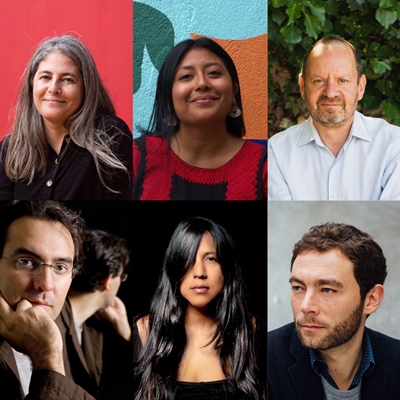
Event 42
Alfonso Múnera in conversation with Raúl Román
The shared Caribbean, the shared Pacific. The history of the sea and ocean between Colombia and Panama
Centro de Formación de la Cooperación Española (Salón del Rey)
Read moreThe Cartagena native Alfonso Múnera (Colombia) is a Doctor in Latin American and Caribbean History from the University of Connecticut; he has been Colombian Ambassador in Jamaica and in Trinidad and Tobago, as well as General Secretary of the Association of Caribbean States. He has written three essential works for understanding Colombian history: El fracaso de la nación, Fronteras imaginadas and La independencia de Colombia: olvidos y ficciones. He will talk about his work with Raúl Román.
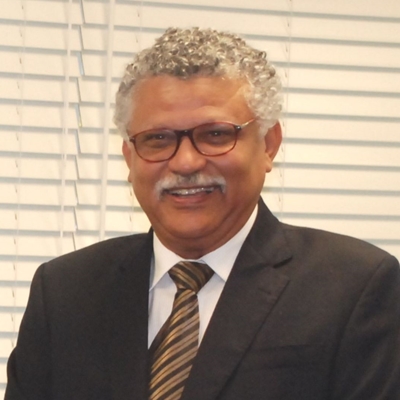
Event 56
Juan Manuel Santos in conversation with Michael Stott
Centro de Formación de la Cooperación Española (patio)
Read moreIn the second decade of the 21st century, Colombia showed remarkable results in the fight against poverty. Over five million Colombians lifted themselves out of poverty, and the inequality gap decreased. Juan Manuel Santos, in his book La batalla contra la pobreza, emphasizes the importance of Colombia's pioneering adoption of the Multidimensional Poverty Index (MPI), developed by the Oxford Poverty and Human Development Initiative (OPHI). This approach provides lessons for other nations, academics, and decision-makers. In conversation with Michael Stott.
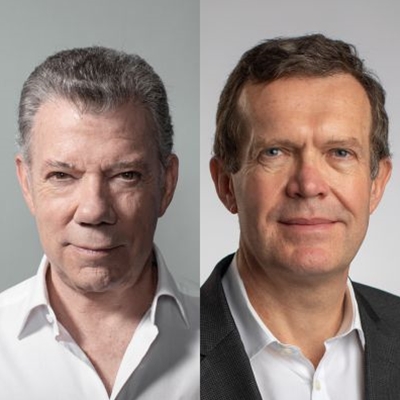
Event HJ27
Jesús Sanjurjo in conversation with Santiago Colmenares
Museo Mapuka - Universidad del Norte (Barranquilla)
Read more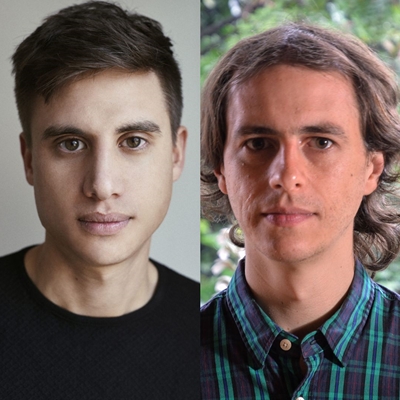
Explore All Genres
- Afrodescendencias
- Latin America
- South to South
- Art
- Arts & Culture
- Children
- Classics
- Crime
- Culture
- Drawing
- Economics
- Equality
- Film
- Gender
- Health
- Heritage
- History
- Human Rights
- Indigenous Cultures
- Journalism
- Life
- Literature
- Lviv BookForum
- Medicine
- Memoir
- Music
- Nature & Environment
- Philosophy
- Politics
- Psychology
- Science
- Thinking
- World Affairs
- Young Adult
